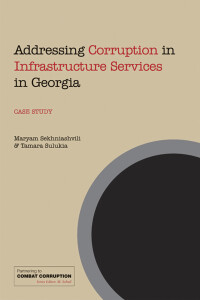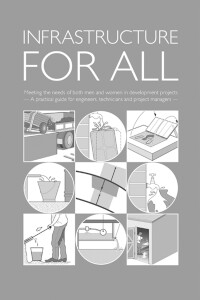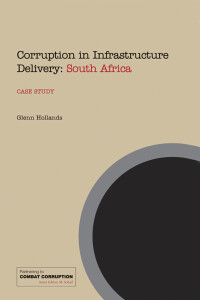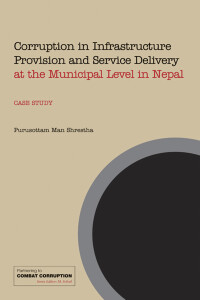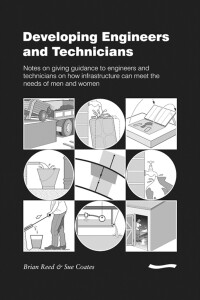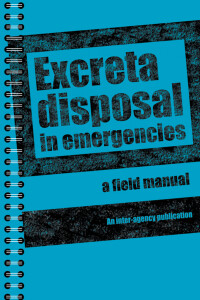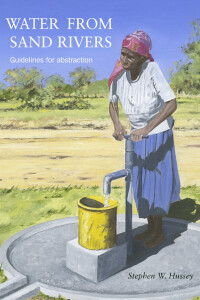Development studies
-
Addressing Corruption in Infrastructure Services in Georgia: A case study
The sustainability of the livelihoods of the poor in low- and middle-income countries is compromised by corruption in the delivery of infrastructure services. Such services include water supply, sanitation, drainage, the provision of access roads and paving, transport, solid waste management, street...
-
Infrastructure for All: Meeting the needs of both men and women in development projects - A practical guide for engineers, technicians and project managers
This book has been produced to help engineers, technicians and project managers ensure that the facilities they design and build are beneficial to all members of society. Using many examples, especially related to water and sanitation, the book demonstrates that 'one size does not fit all'. It shows...
-
Corruption in Infrastructure Delivery
The sustainability of the livelihoods of the poor in low- and middle-income countries is compromised by corruption in the delivery of infrastructure services. Such services include water supply, sanitation, drainage, the provision of access roads and paving, transport, solid waste management, street...
-
Corruption in Infrastructure Provision and Service Delivery at the Municipal Level in Nepal
The sustainability of the livelihoods of the poor in low- and middle-income countries is compromised by corruption in the delivery of infrastructure services. Such services include water supply, sanitation, drainage, the provision of access roads and paving, transport, solid waste management, street...
-
Developing Engineers and Technicians: Notes on giving guidance to engineers and technicians on how infrastructure can meet the needs of men and women
These notes are designed to support the training of engineers and technicians in developing an awareness of gender issues. They have been designed for people who would normally either manage engineering projects, run engineering courses or chair engineering meetings. They are not a standard 'gender'...
-
Excreta Disposal in Emergencies
It is generally accepted that excreta disposal is given less priority in emergencies than other humanitarian interventions such as health care, food and water supply. This is despite the fact that many of the most common diseases occuring in emergency situations are caused by inadequate sanitation f...
-
Good Governance and Provision of Affordable Housing in DKI Jakarta, Indonesia
The sustainability of the livelihoods of the poor in low- and middle-income countries is compromised by corruption in the delivery of infrastructure services. Such services include water supply, sanitation, drainage, the provision of access roads and paving, transport, solid waste management, street...
-
Partnering to Combat Corruption in Infrastructure Services: A Toolkit
A number of Toolkits on corruption have been published in recent years; however, to date, these have not been focused on the infrastructure sector or the impacts of corruption on the poor. This Toolkit is intended to fill that gap. The Toolkit is cross-sectoral in its approach, making it of relevanc...
-
Water from Sand Rivers: Guidelines for Abstraction
Sand rivers can be found in arid and semi-arid areas of the world where water is in short supply. Despite their dry appearance, useable quantities of water often reside in aquifers beneath the surface and can provide a sustainable and safe supply for rural communities. Nevertheless, dry rivers are o...
-
Water Lifting Devices
This is an updated and expanded new edition (formerly Water Pumping Devices), surveying the water-lifting technologies that are available and appropriate for smallholdings. It examines the costs and general suitability of the different technologies to enable farmers and policy makers to make informe...

